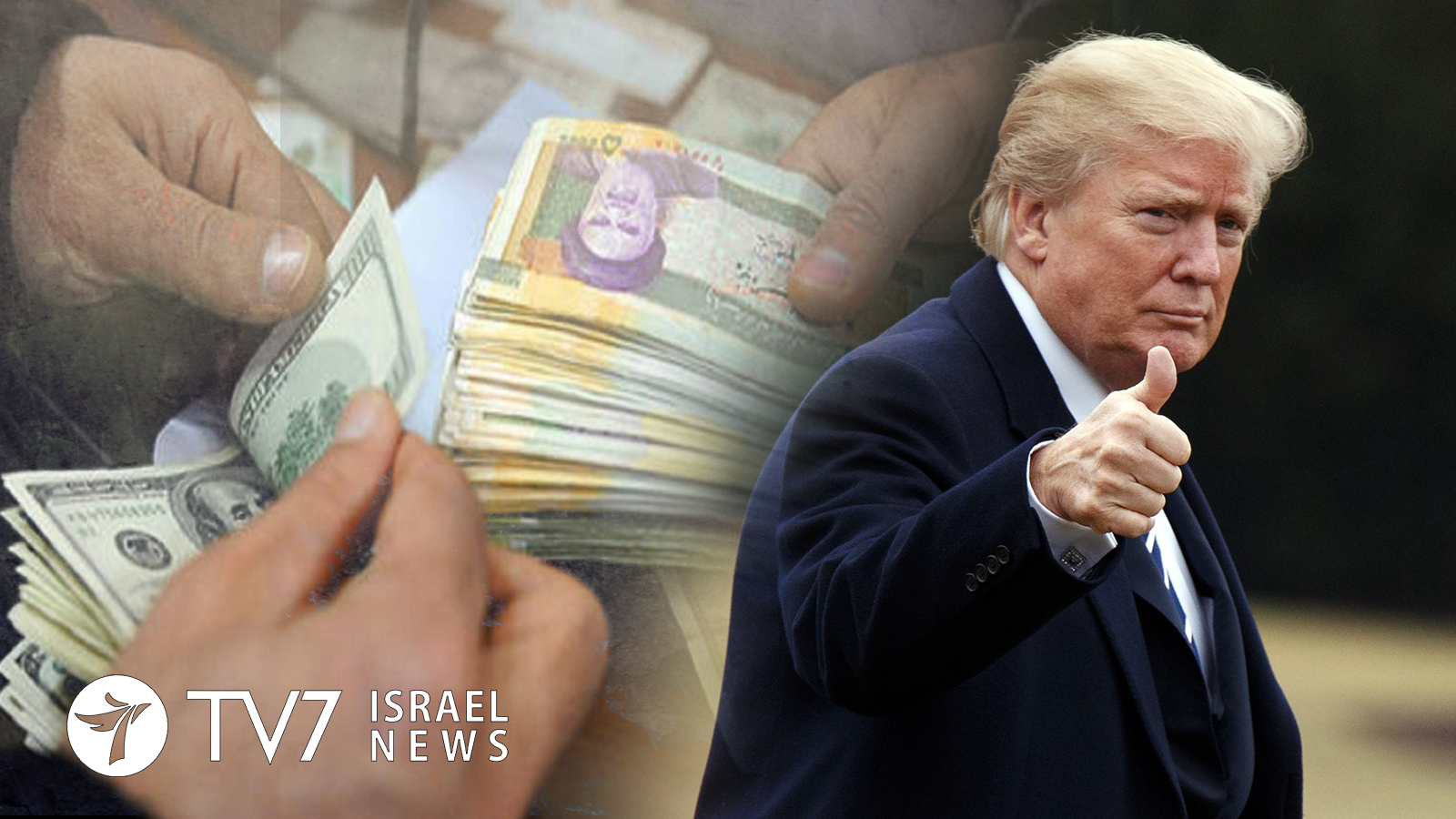U.S. Secretary of State Mike Pompeo announced that the United States intends to fully enforce a series of international sanctions against the Islamic Republic of Iran early this week, as part of the orders given by President Donald Trump. A first set of sanctions that had been lifted by the Obama administration, under the terms of the 2015 multinational nuclear deal, Washington announced those sanctions will take effect today. Among others, and despite opposition from its European allies, the United States has revoked licenses that allowed Iran to purchase both American and European aircrafts. That is why, in a hasty deal hammered out yesterday, the Islamic Republic acquired five new European commercial planes before the sales were cut-off. While the Trump Administration demanded its European partners to the ‘Joint Comprehensive Plan of Action’ to amend the agreement, which was labeled by the United States as a flawed deal that did not adequately influence Iran’s nuclear aspirations; Washington’s European allies – including Germany, France and Great Britain – had sought rather to preserve the 2015 agreement that saw the EU’s energy-related imports from the Islamic Republic rise substantially, as well other significant business-deals. According to Sebastian Harnisch, a professor of international relations and foreign policy at Heidelberg University, the EU wants to protect its promising business ties with Iran. Moreover, European leaders that support the nuclear agreement warn that if the United States wages war on Iran, a new military conflict could escalate the situation in the Middle East, which would subsequently jeopardize peace and stability in Europe. “First of all, the Germans believe that this [the Iran Nuclear Agreement] is the best way to contain the Iranian nuclear program at this time. Germany wants to prevent a further escalation of military conflict in the Middle East. I think the German as well as other European governments think that right now the Middle East is already in trouble and wants to contain the effect of that escalation,” Professor Sebastian Harnisch from the Heidelberg University said.
While final and most significant sanctions the United States intends to impose on the Islamic Republic, including those on Iran’s oil sector and central bank, will be restored on 4th of November. U.S. Secretary of State Mike Pompeo emphasized to reporters, upon his return from an Asian trip, that the sanctions are ” an important part of (Washington’s) efforts to push back against Iranian malign activity.”
